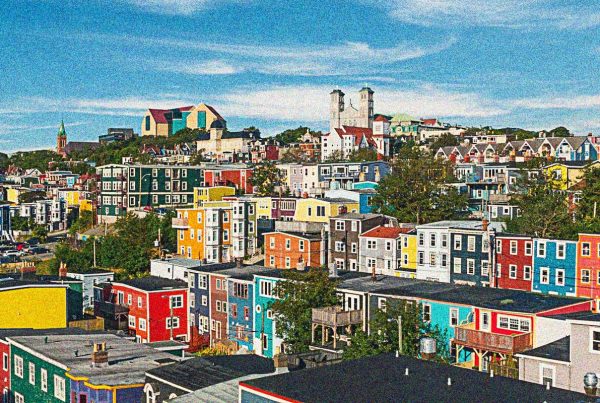FOR IMMEDIATE RELEASE
TORONTO ̶ In a ruling today that raises serious questions about reporters’ ability to protect their sources and bring important stories to light, the Ontario Court of Appeal refused to quash the order compelling Vice Media reporter Ben Makuch to provide the RCMP with his background materials.
“Protection of sources is the linchpin of a free press, and a free press is the cornerstone of a free society,” says Sukanya Pillay, Executive Director and General Counsel of the Canadian Civil Liberties Association.
The case arose when Makuch was compelled to produce his communications with Ben Shirdon and hand them over to the police. The communications arose out of a story Makuch wrote in 2014 about Shirdon joining to fight with the terrorist group calling itself ISIS.
R. v Vice Media Canada Inc., considered whether and when a journalist can be compelled to reveal communications with a journalistic source for the purpose of assisting a police investigation. It also examined the issue of a publication ban that would further deny public access to the information on which the police relied to obtain the court orders. The judge who granted the production order also made a sealing order regarding all production order material, including the supporting affidavit filed by the police officer. On top of that, the judge made a publication ban in respect of any of the unredacted portions of the material. The CCLA argued that a publication ban is an improper substitute for a sealing order, when the banned information is already publicly available, and furthermore, is inconsistent with the open court principle and freedom of expression.
CCLA also argued that an “information to obtain” must be made public when the evidence is insufficient to justify a sealing order, and when the reasons for a sealing order are not detailed enough to allow for meaningful appellate review.
CCLA agrees with the Ontario Court of Appeal’s recognition that certain parts of the publication ban were unnecessary and that these parts of the publication ban should be reconsidered.
Although the Court upheld the publication ban in this case, the Court rightly noting several parts of the order are already in the public domain and may have been inappropriately subject to a publication ban. Accordingly, the Court has given the parties an opportunity to alter the order by agreement or by a future application in Superior Court.
The CCLA however remains concerned about the impact this ruling will have on freedom of the press in Canada, particularly in the contemporary climate. For instance, while we welcome Quebec’s recent decision to strike a provincial Commission of Inquiry on the Protection of the Confidentiality of Journalistic Sources, the many reports of police surveillance of journalists in Quebec that gave rise to the Commission are a reminder that Canada still faces substantial challenges in its efforts to protect a free and independent press.
Although intrusions into the journalist-source relationship may under some circumstances be warranted, the Canadian Civil Liberties Association believes that this case was not such an instance. CCLA will be monitoring the impact of this judgment on press freedoms in Canada.
A free press plays a vital role in democratic self-government. Police or court measures that can have the effect of chilling journalists in their attempts to gather information can chill this essential democratic role. CCLA believes that it is in the public interest that the press be able to communicate with sources in order to enable timely and meaningful reporting and commentary on public institutions and events – without fear of government interference. Judicial orders that compel journalists to disclose communications with their sources, and which restrict access to information justifying these judicial orders, can threaten the integrity of the relationship between journalists and their sources.
Counsel for CCLA in the intervention at the ONCA were Brian Radnoff and Christopher Shorey of Lerners LLP.
Contact:
About the Canadian Civil Liberties Association
The CCLA is an independent, non-profit organization with supporters from across the country. Founded in 1964, the CCLA is a national human rights organization committed to defending the rights, dignity, safety, and freedoms of all people in Canada.
For the Media
For further comments, please contact us at media@ccla.org.





